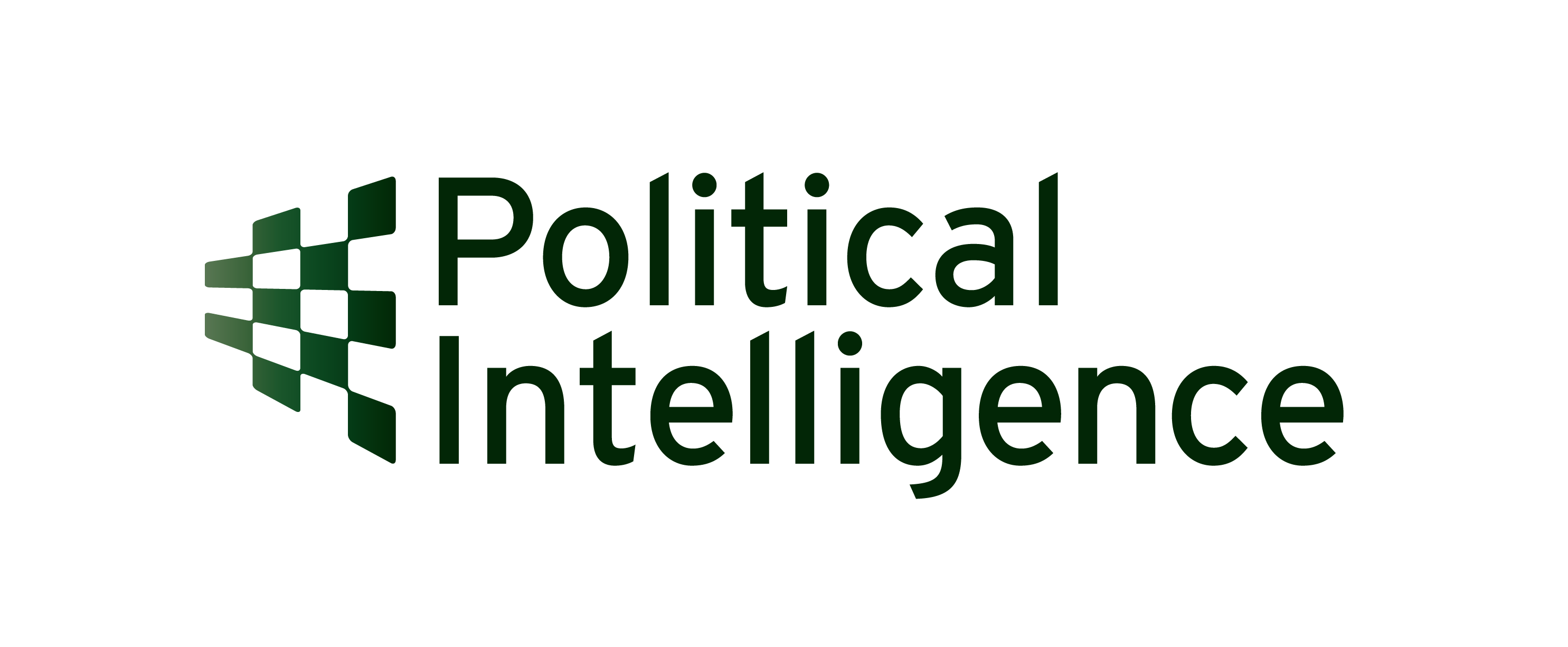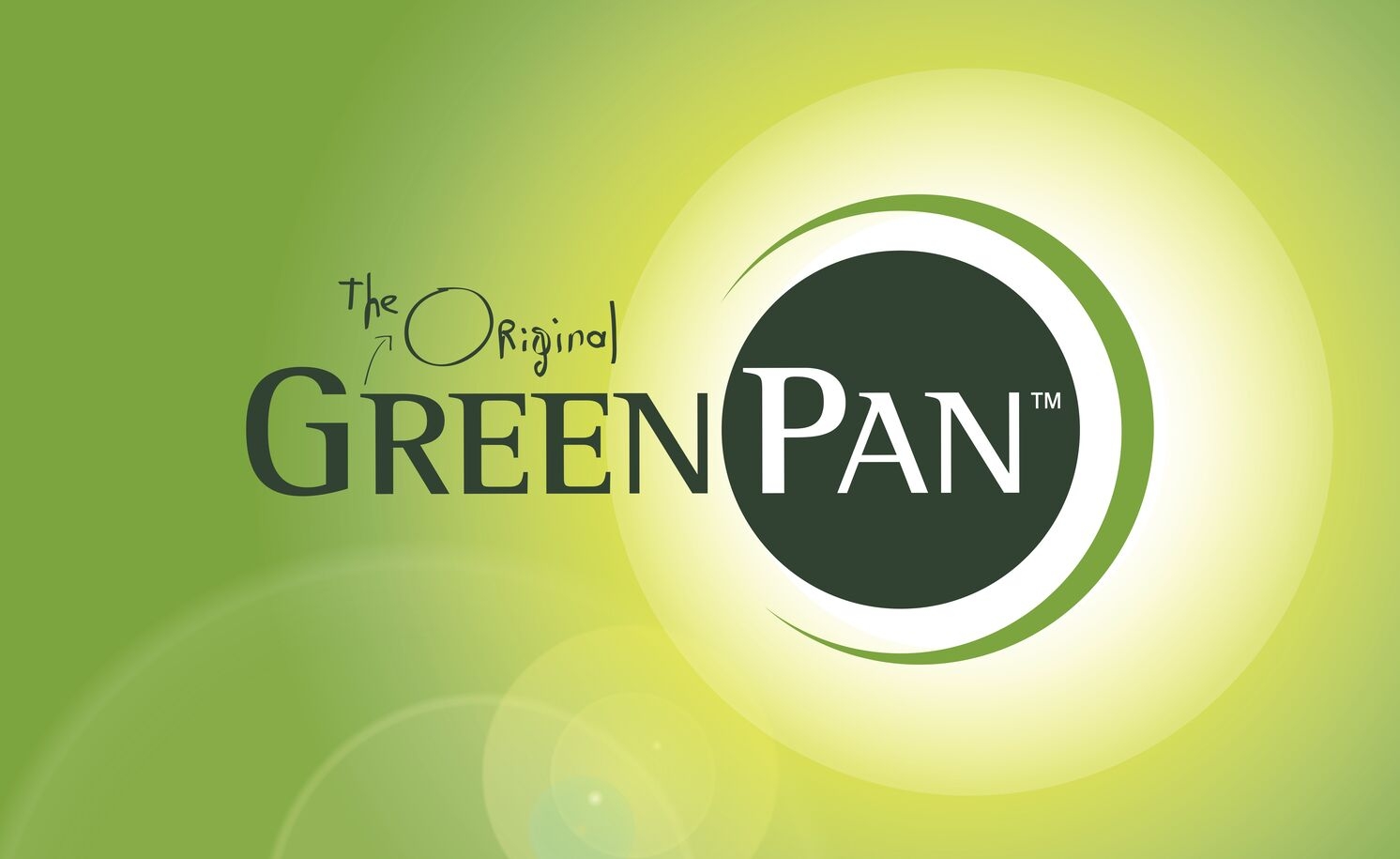How Marie-Paule Meert is making a difference for cancer patients with La Vie-là

'In Wallonia, we established a charter for drop-in centers'
During her career in politics, including as spokeswoman for the late Wilfried Martens, Marie-Paule Meert faced breast cancer. Her drive did not suffer. Thus, she is at the cradle of the La Vie-là open house in Ottignies and created a network of open houses. Marie-Paule recently joined the Board of Directors of the non-profit organization Pink Ribbon.
I meet Marie-Paule Meert at the La Vie-là open house, within walking distance of the Saint-Pierre hospital in Ottignies. A warm house buzzing with activity. One breast cancer patient spontaneously speaks to me to tell me how important this place is to her. "I can't always talk about my fears at home, but here I can. Here I find fellow sufferers and a listening ear. That keeps me strong.'
Pink Ribbon: Marie-Paule,you are founder and coordinator of this open house. How did that go?
Marie-Paule Meert: "I was 59 and had a busy career in politics when I was diagnosed with breast cancer. You end up on a rollercoaster. I had already lost my mother and a sister to cancer. The good care I received at Saint Pierre Hospital in Ottignies was in stark contrast to the lack of care outside the hospital. You come out of the hospital and you're out in the cold, literally and figuratively. Where can cancer patients go with their fears and emotions? Together with Dr. Anne-Pascale Schillings, breast radiologist in Ottignies-Louvain-la-Neuve, we looked for a house that could serve as a drop-in center for cancer patients. We found a suitable house barely 100 meters from the hospital. That is the start of the La Vie-là open house, a place where cancer patients can come with their stories and emotions, where you can always find a listening ear and support and where we organize all kinds of activities.
You have now been coordinator of this open house for 12 years. How do you organize such a house?
Marie-Paule Meert: "The La Vie-là open house is rented and the rent is paid by a group of doctors from Saint Pierre Hospital. They do so with private money. We also receive funds from the Walloon government (AVIQ) and from the Foundation against Cancer, and we ask for a small contribution for our activities. Finally, we have numerous other sponsors and support. La Vie-là works closely with the oncology service and cancer patients (not only with breast cancer) are regularly referred to us. You can get here from the hospital very easily on foot. We work with about 120 volunteers, and make sure that on all weekdays people are present from 9 am to 5 pm. There is always someone at the reception desk. We do always ask that people make an appointment, which can also be done by phone. We organize all kinds of activities, such as discussion groups, mindfulness or a memory workshop. I make sure that what we offer is scientifically based and correct, and never contradicts the treatment patients receive from the hospital. I have already stopped initiatives that were not satisfactory.'
The operation of La Vie-là is a textbook example for drop-in centers. Do you have contact with similar initiatives?
Marie-Paule Meert: 'I pursued cooperation between various open houses in Belgium. Networking and cooperation have always been a common thread throughout my career. Meanwhile, I have succeeded in forming a network with about fifteen open houses in the south of Belgium. We have drawn up a charter with criteria that open houses have to meet. The charter states that a clearinghouse must be linked to a hospital's oncology department, that the activities must never go against the usual treatment, and that we are there for cancer patients from the diagnosis until one year after treatment. Criteria create a clear framework. Don't forget that open houses work with volunteers. With a network, we are stronger and can make our voices heard to improve cancer care.'
How did you come to Pink Ribbon ?
Marie-Paule Meert: "Simple. The managing director of Pink Ribbon asked me to join the Board of Directors with my expertise. I do that with pleasure. My goal is to optimize cancer care in Belgium, including breast cancer care. If I can do my bit, I have no hesitation.'

Continue reading

Reimbursement for wig or other headgear for hair loss after cancer therapy
.jpg)
Nipple tattoos













.png)
















